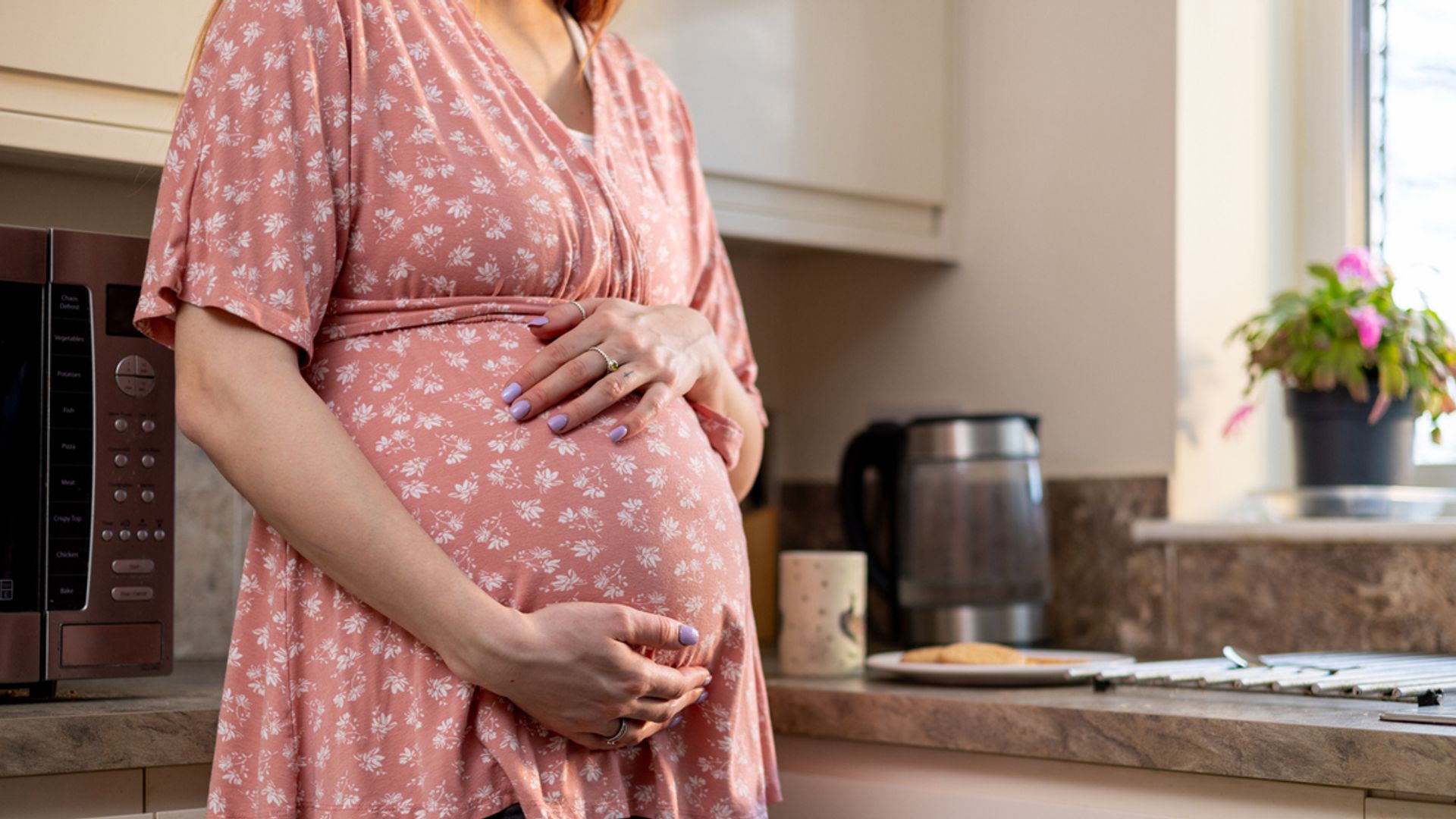The average age of women starting IVF treatment for the first time has passed 35, a report by the fertility regulator says.
This is six years older than the average age women in England and Wales give birth to their first child – 29 – according to official statistics.
Experts believe this trend is partly down to funding issues, the cost of living and delays from the COVID pandemic.
Some 27% of in vitro fertilisation cycles in 2022 were NHS-funded, the lowest level since 2008 and down from 40% in 2012, according to the Human Fertilisation and Embryology Authority (HFEA).
The number of NHS-funded cycles “continued to vary” across the UK, the HFEA said, with a decrease of 17% in England, 16% in Wales and 7% in Scotland between 2019 and 2022.
The regulator’s chairwoman Julia Chain cited several possible factors for the higher average age “including the knock-on effect of delays across the NHS due to the COVID pandemic, particularly in gynaecology, which has likely led to delays in some patients accessing fertility services”.
“The higher average age may also relate to difficulty in funding fertility treatment, owing to recent increases in the cost of living, a fall in the proportion of NHS-funded IVF cycles and increased waiting times for further investigations before accessing NHS-funded treatment.”
Age 18-34: 42%
Age 35-37: 34%
Age 38-39: 26%
Age 40-42: 16%
An estimated 52,500 patients in the UK had IVF in 2022, up slightly from 50,000 in 2019.
The overall pregnancy rate from IVF using fresh embryo transfers and patient’s own eggs rose from 21% per embryo transferred in 2012 to 31% in 2022.
Those aged 18 to 34 had the highest pregnancy rate per embryo transferred at 42%.
The majority of IVF patients in 2022 were in heterosexual relationships and accounted for 90% of the total.
However, there was an 82% jump in the number of single patients undergoing IVF, from 1,953 in 2019 to 3,548 in 2022.
Half of patients who underwent donor insemination were also single, while 41% were in female same-sex relationships.
Read more:
New pill ‘can increase chances of IVF success’
How single women are facing IVF discrimination
Keep up with all the latest news from the UK and around the world by following Sky News
Be the first to get Breaking News
Install the Sky News app for free
“Fertility treatment is not a guarantee of having a baby,” Ms Chain added.
“It is important to seek advice about fertility issues so that, if treatment is needed, patients can access it as soon as possible to reduce delays.
“Early contact with a GP and referral to a fertility clinic, if needed, will help ensure the chances of success are as high as possible.”
An NHS spokesperson said: “While these decisions are legally for local health commissioners, it is absolutely right that they provide equal access to services according to the needs of people within their areas.”
Who can get IVF treatment on NHS?
The National Institute for Health and Care Excellence recommends women under 40 should be offered three cycles of IVF treatment, if they meet certain criteria.
That reduces to one cycle for women aged 40 to 42.
But the ultimate decision rests with local NHS boards, who decide eligibility for NHS-funded IVF – and the criteria may differ.
Women who are not eligible for NHS treatment could contact a private clinic.
The cost of private treatment can vary, but one cycle of IVF can cost up to £5,000 or more, according to the NHS.






















